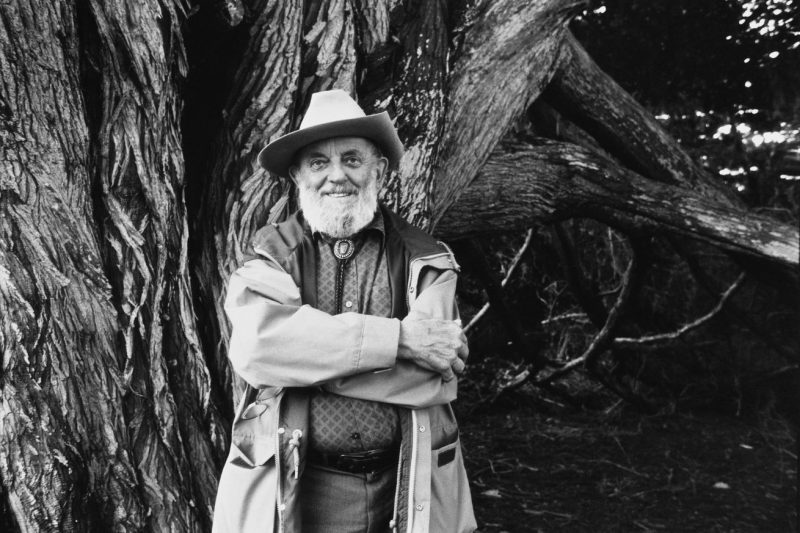In recent years, the advancement of artificial intelligence technology has opened up countless possibilities in various fields, including art and photography. However, the use of AI in creating art has also sparked debates and ethical concerns. One such controversy unfolds as Adobe, a leading software company known for its creative tools, faces criticism for selling Ansel Adams-style images generated by AI.
Ansel Adams, a legendary photographer known for his iconic black-and-white landscapes, is revered for his distinctive style and technical mastery. His photographs have become synonymous with the natural beauty of the American West, capturing the sublime grandeur of landscapes with unparalleled precision and artistry.
Adobe’s decision to sell AI-generated images in the style of Ansel Adams raises questions about the authenticity and value of such artworks. While AI technology has the capability to replicate artistic styles and techniques, many critics argue that these AI-generated images lack the soul and human touch that are essential components of true art.
One of the major criticisms leveled against Adobe is the commodification of creativity and the devaluation of artistic integrity. By offering AI-generated images in the style of Ansel Adams for sale, Adobe is seen as exploiting the legacy and artistic vision of a renowned photographer for profit, without considering the ethical implications of such actions.
Furthermore, the proliferation of AI-generated art raises concerns about the future of creativity and the role of artists in a world dominated by technological advancements. As AI continues to evolve and improve its capabilities in replicating artistic styles, the line between human-created art and AI-generated content becomes increasingly blurred.
The issue of intellectual property rights also comes into play in the case of AI-generated images sold by Adobe. Who owns the rights to these images – the AI algorithm that produced them, the company that sells them, or the original artist whose style was emulated? This legal gray area further complicates the ethical considerations surrounding the sale of AI-generated art.
In response to the backlash, Adobe has defended its decision to offer AI-generated images in the style of Ansel Adams as a celebration of artistic heritage and a demonstration of the power of AI technology in the creative process. The company emphasizes the potential for AI to expand artistic possibilities and inspire new forms of expression.
Despite Adobe’s intentions, the controversy surrounding the sale of AI-generated images in the style of Ansel Adams highlights the complex interplay between technology, art, and ethics. As AI continues to reshape the creative landscape, the importance of preserving the authenticity and integrity of art becomes more crucial than ever.Balancing innovation with respect for artistic traditions and human creativity is essential in navigating the evolving relationship between AI and art.

